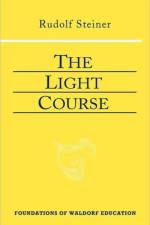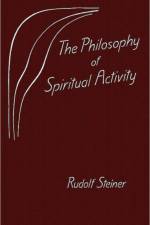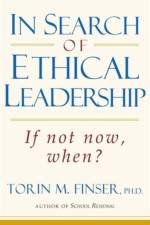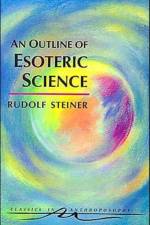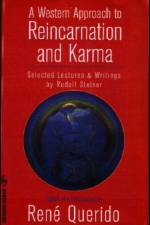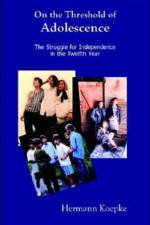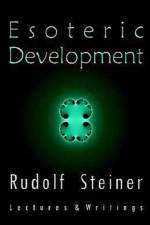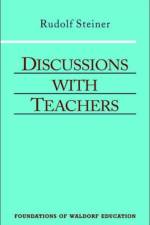av Rudolf Steiner
271
15 discussions with teachers of the Stuttgart Waldorf School, Aug. 21 - Sept. 6, 1919; 3 lectures on the curriculum, Sept. 6, 1919 (CW 295)"In spiritual science we divide the human being into 'I'-being, astral body, etheric body, and physical body. In an ideal human being, the harmony predestined by the cosmic plan would naturally predominate among these four human principles. But in reality, this is not so with any individual. Thus, it can be seen that the human being, when given over to the physical plane, is not yet really complete; education and teaching, however, should serve to make the human being complete. One of the four elements rules in each child, and education and teaching must harmonize these four principles." -- Rudolf SteinerFor two weeks, prior to the opening of the first Waldorf school in Stuttgart, Rudolf Steiner intensively prepared the individuals he had chosen to become the first Waldorf teachers. At 9:00 a.m. each day, he gave the course now translated as Foundations of Human Experience; at 11:00 a.m., Practical Advice to Teachers; and then, after lunch, from 3:00 p.m. to 6:00 p.m., he held the informal "discussions" published in this book.The tone is spontaneous and relaxed. Steiner does not prescribe specific methods but introduces topics and situations, offering guidelines and allocating practical assignments that are taken up and discussed in the next session. The discussions are filled with insights and suggestions in many different areas of teaching--history, geography, botany, zoology, form drawing, mathematics, and more.Speech exercises are included. This edition also includes, for the first time in English, three important lectures on the curriculum, given the day just before the school opened.These fifteen discussions constitute an essential part of the basic training material for Waldorf teachers.Discussions with Teachers is a translation from German of Erziehungskunst. Seminarbesprechungen und Lehrplanvorträge (vol. 295 in the Bibliographical Survey, published by Rudolf Steiner Verlag, Dornach, Switzerland, 1961).

